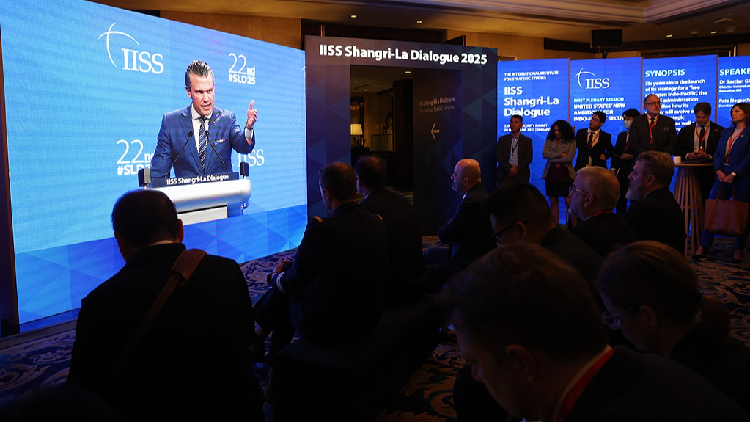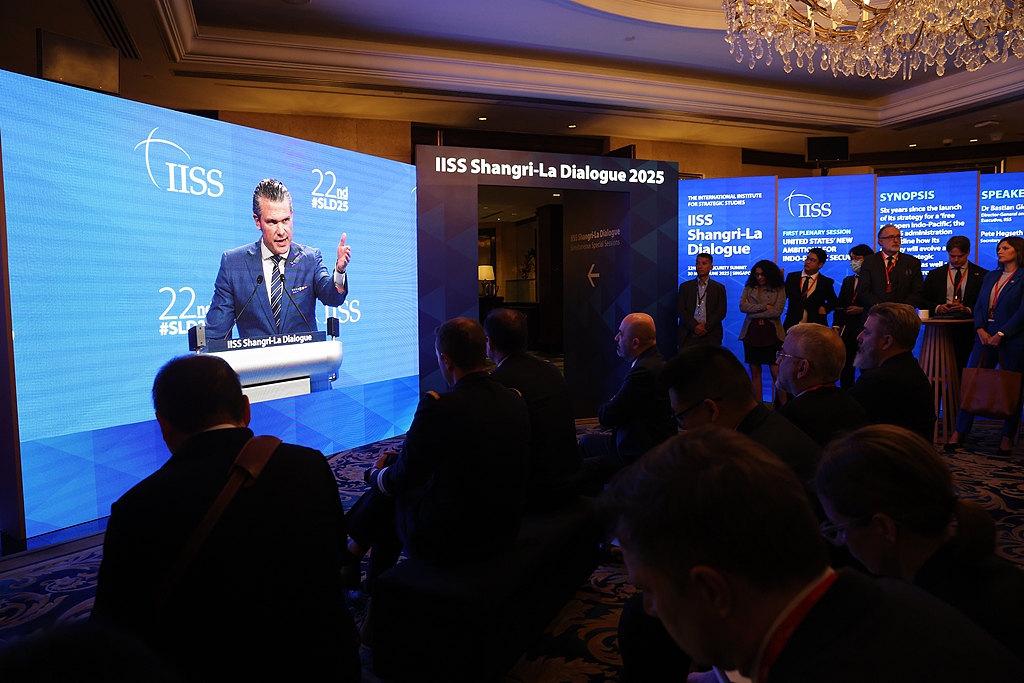Experts Condemn Hegseth's Remarks as Provocative and Detrimental to Regional Stability
Defense experts slam U.S. Secretary Pete Hegseth over call for Asian nations to boost military spending amid China's rising threat at the Shangri-La Dialogue.


A growing chorus of experts has delivered strong criticism following remarks by U.S. Secretary of Defense Pete Hegseth at the 22nd Shangri-La Dialogue in Singapore. Hegseth’s speech encouraged Asian countries to ramp up military spending in response to what he called an “imminent threat” from China, a stance that has drawn fire from analysts and regional specialists who warn of heightened tensions and negative repercussions for Asia-Pacific stability.
Security analysts have pointed out that the majority of regional nations do not share the U.S. assessment of China as an urgent threat. Instead, many are increasingly wary of what they consider inflammatory U.S. rhetoric. Concerns are mounting that such statements could further destabilize the region, undermining efforts by Asian nations to pursue independent paths to peace and prosperity.
One observer, Dylan Loh, assistant professor at Singapore’s Nanyang Technological University, noted that “short of a very few countries, not many in this part of the world see China as an imminent threat and would up their defense spending.” Loh’s view reflects a widespread sentiment across Southeast Asia, where nations have typically preferred navigating great power tensions through dialogue and economic engagement rather than military escalation.
Rommel Banlaoi, chairman of a Philippine-based institute focused on peace and conflict research, voiced skepticism toward American motives in the Indo-Pacific. “The idea of the U.S. positioning itself as a ‘stabilizer’ in the region is deeply flawed,” Banlaoi asserted. He argued that past U.S. interventions, particularly in the Middle East, have led to major conflicts, while China’s approach in Asia has been largely non-military. This, he says, undermines confidence in Washington’s intentions and raises questions about whether its actions will truly serve peace in the region.
Da Wei, director of the Center for International Security and Strategy at Tsinghua University, went further, describing Hegseth’s speech as “highly provocative.” Da contended that the remarks signaled an aggressive U.S. approach under the guise of the “Indo-Pacific strategy,” and accused Washington of double standards—demanding Beijing respect its neighbors while failing to do so itself in its own hemisphere.
Citing additional contradictions, Da Wei noted, “The U.S. urges Asia-Pacific countries to collaborate, yet simultaneously imposes tariffs that stifle their economic growth.” Such mixed policies, he said, severely undermine the credibility of U.S. motives. He suggested that Hegseth’s confrontational rhetoric may have been premature and possibly out of sync with President Trump’s evolving China policy, warning that these personal remarks could jeopardize ongoing efforts to find a more balanced approach to China-U.S. relations.
Zhou Bo, a senior fellow at the same center, echoed concerns over what he called a transactional U.S. approach to alliances in the Asia-Pacific. “The U.S. has always emphasized Asia-Pacific prosperity, but its support is conditional—only reliable if allies comply with its demands,” Zhou explained. This strategy, he warned, risks alienating partner countries rather than building true cooperation and trust.
As the dust settles from Secretary Hegseth’s controversial address, many in the region are left questioning whether the U.S. will adjust its messaging and policies to foster genuine dialogue, or continue a confrontational posture that could deepen divisions—both among nations in the Asia-Pacific and between the world's two largest powers.




